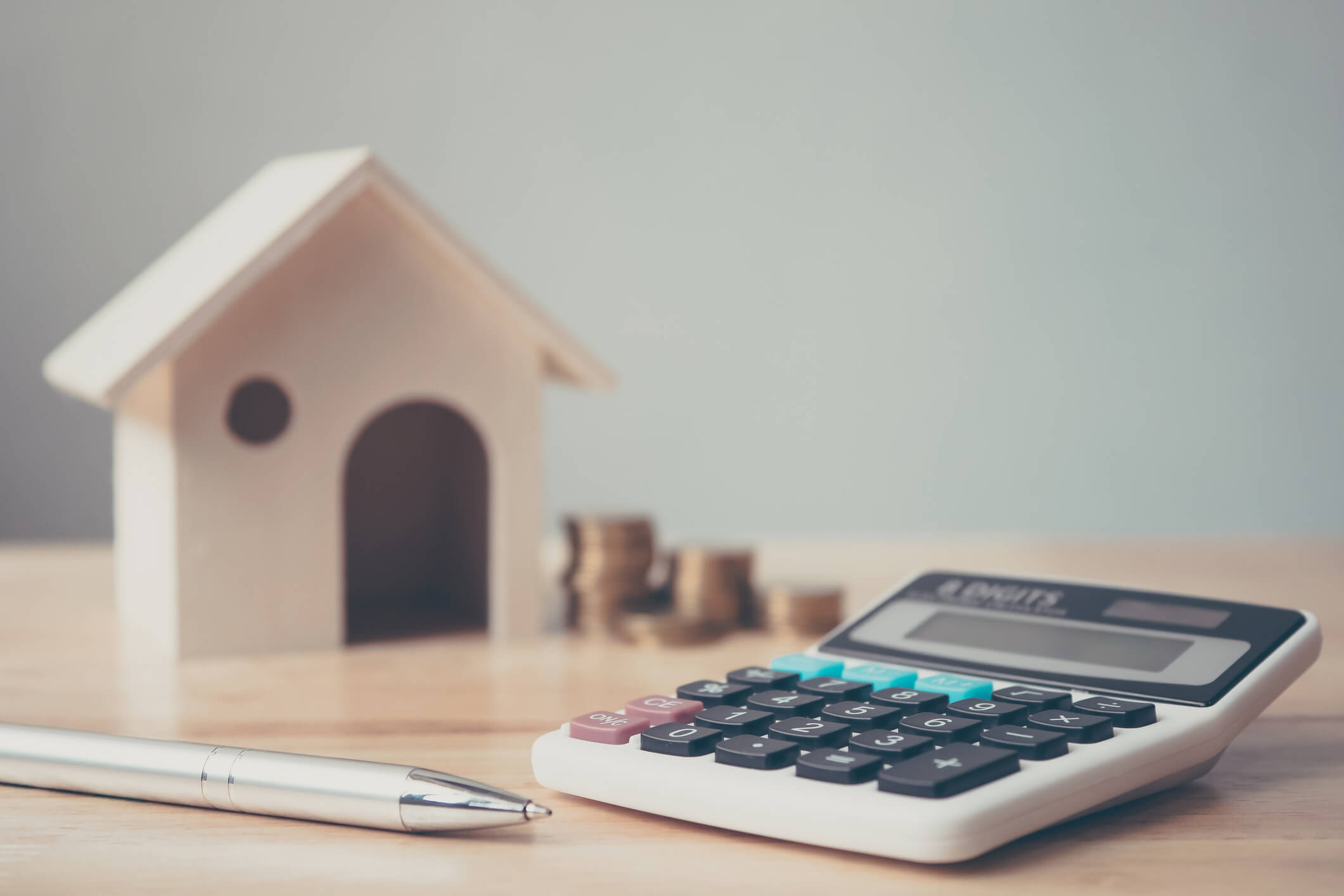With Black Friday coming up on 29th November and the sales already in full swing, it’s a good time to bag a bargain ahead of Christmas. But before you splash out, let’s find out how to avoid fake deals, and spot sneaky pricing tactics that some retailers use to make you spend more.
Some retailers use deceptive pricing tactics to lure in shoppers
Most retailers make sure their offers are fair and clear. But you need to watch out for those that are misleading customers by making their deals seem better than they really are. Examples of dodgy dealings include:
- Raising prices before dropping them. Some retailers might increase the price of a product just before they reduce it, to make the price drop look bigger.
- Misleading price comparisons. This involves retailers comparing the sale price to a previous higher price that was unrealistic, or hasn't been charged recently, if at all.
- Using bait advertising. Retailers entice you in with an offer when they know they don’t have the product available. They might use this as an opportunity to sell you a more expensive item instead.
- Increasing prices on products included in multi-buy offers. These deals could cost you more than buying each item individually. For example, a 2 for £20 offer is only a discount if each item usually costs more than £10. So, it’s important to do the maths and think about whether you really need more than one.
Beware of pressure to buy now
Pressure tactics do as their name suggests - they encourage you to buy now, before you have a chance to properly think it through. Here are a couple of examples:
- Showing other people’s interest. Online banners showing that lots of customers have viewed or bought an item you’re looking at are designed to make you think it's a popular item worth having.
- Displaying low stock levels. This plays on your fear of missing out. If you know an item is almost sold out, you may be more likely to buy it now, while you can.
Top tip: Make a list before you start shopping. This will help you to stick to a budget and resist impulse buying.
Are Black Friday deals worth it?
It may be worth shopping in the Black Friday sales if you can get a good discount and you were going to buy the item anyway.
But bear in mind that you’re not guaranteed to get the best prices on Black Friday. Some shops start their sales well before, so you might find better deals earlier in November.
A price comparison service PriceSpy found that in 2023, 22% of items across their website were more expensive on Black Friday than they were at the beginning of November. This included 27% of games and consoles, and 24% of running shoes.
So, it’s best to do a bit of research and shop around before you buy. Make sure that the product you're looking at is affordable and something that you really want and need. Remember, if it wasn’t something you planned to buy, it might not be saving you money after all.
5 ways to avoid fake Black Friday deals
Follow these five steps to steer clear of misleading deals and protect your wallet.
1. Use price tracker platforms
Price trackers like CamelCamelCamel (for Amazon only) and PriceSpy show you the price history of the item you’re looking at. This will help you to figure out if the price is as good as it gets right now.
Tracking prices can also make it easier to spot retailers using sneaky tactics, like raising prices before Black Friday to make their discounts look bigger.
2. Compare prices across multiple retailers
Headline price reductions can be misleading, so it’s wise to concentrate more on the cost than the discount. You can use sites like PriceRunner and Google Shopping to compare prices across retailers at a glance and find the cheapest deal.
Tip: If the item you want is being advertised at the same price in more than one shop, it’s worth checking if there are any extra perks that could sway your decision. For example, one retailer might offer free delivery or a warranty.
3. Check the RRP
Check the manufacturer’s website to find out if you are getting a good offer compared to the recommended retail price (RRP).
4. Watch out for notes explaining offers
Sometimes shops get away with displaying an old, higher price that hasn't been charged recently or for very long, by adding a note to explain the dates that price was available. This can make the new, lower price seem more attractive than it really is.
Some of these notes are easy to spot, but some are well hidden. So, you might want to check the webpage carefully to see if there are any notes that are in small font or have been greyed out. Some notes might even be concealed in the small print.
If you find a note explaining a deal, you can then make an informed decision about whether you want to go ahead and buy the item.
5. Be wary of time limited offers
Offers that are only on for a short amount of time are designed to create a sense of urgency and make you buy a product now instead of later. You might feel like if you leave it too long, you’ll miss out. But if you feel pressured into buying something before you can make an informed choice, then it may not be a good idea.
Think carefully before you buy, and don’t rush into purchasing something you wouldn’t have bought otherwise.
When do Black Friday deals end?
Black Friday deals end on Cyber Monday, which is 2nd December 2024. Cyber Monday always falls on the Monday after Black Friday. This is another chance to buy products at a discount. Just remember to follow the same tips to find a good deal and avoid the fakes.
Read on for more psychological tricks that retailers use, and find out how to avoid common Black Friday scams.
Adele is a personal finance writer with more than 10 years in the finance industry behind her. She writes clear and engaging guides on all things loans for Ocean, as well as contributing blogs to help people understand their options when it comes to money.
![Email icon]()
Become a money maestro!
Sign up for tips on how to improve your credit score, offers and deals to help you save money, exclusive competitions and exciting products!
Find this useful? Share it with others!









